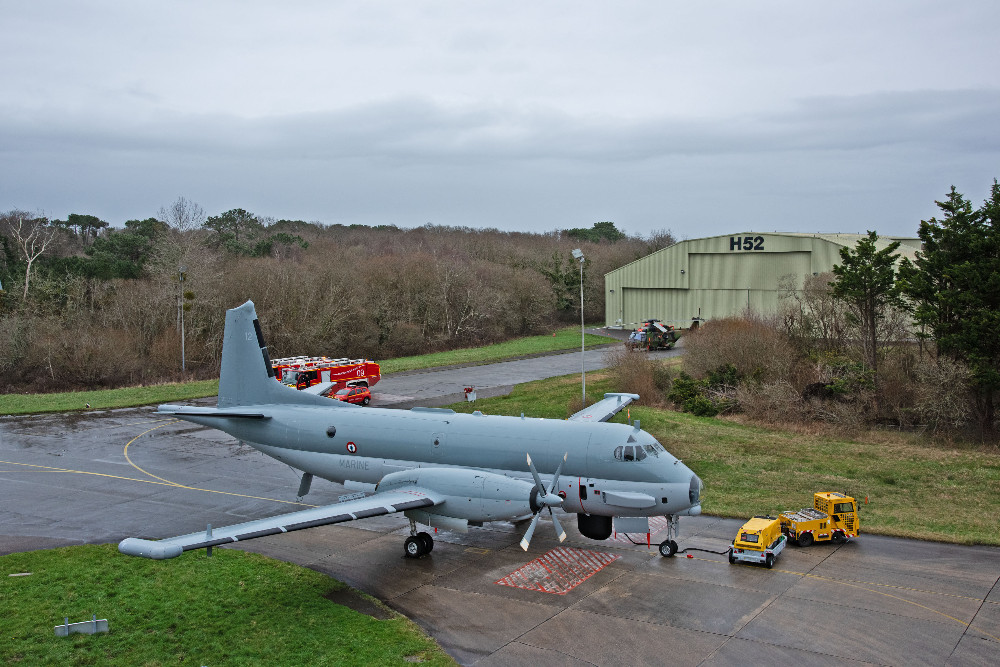Edition anglaise

Best of 2011- Ed 2012 - n° 747
Defining Europe’s strategic identity (February) - Jean Dufourcq
If we are to address the ‘arc of crisis’ referred to in the White Paper, we must re-examine the way we configure Europe’s strategic space: consolidate regional good-neighbourliness, strengthen the geopolitical legibility of the European continent and redefine the power play to be employed by the EU between the Atlantic Alliance, the Eurasian pact and Mediterranean policy.
Yes to permanent structured cooperation (March) - Jacques Favin-Lévêque
The permanent structured cooperation set out in the EU treaty is the subject of much speculation. This instrument of the Common Security and Defence Policy is currently unexploited; the author believes that it could be put into force in a progressive and pragmatic way, taking account of the specificities of member states. He sketches out some specific ways of doing this.
NATO and Russia: which path for the future? (March) - Didier Piaton
Although perceptions of the relationship between Russia and the West within the Euro-Atlantic community vary, NATO-Russia relations are still essential to that community’s security. In this article the author takes up the idea expressed by NATO’s Secretary General that the time has come to take matters forward. He suggests that ambitious and proactive solutions are now needed.
The Mediterranean peoples: closing the gap (April) - Mustapha Benchenane
The author discusses the difference between perception and reality in the context of the history of relations between the littoral peoples of the Mediterranean. The sources of misunderstanding are examined, particularly the perception of oppression by states or religions over the centuries, and he recommends a meeting of minds to write a history of the area that could be used for teaching, regardless of religion, to help in the elimination of phobia and hate.
The European Union between the Mediterranean and Asia (May) - Pierre-Emmanuel Thomann
The current Arab-Muslim events on the European periphery suggest to the author a new strategic model to revitalize a European Union weakened by globalization. The re-ordering caused by these events seems to him a means of stimulating a European relaunch based on geopolitics of proximity.
Over the Rhine (June) - Yannick Harrel
The futures of France and Germany are inextricably intertwined despite their very different approaches and political procedures. To maintain balance in their relationship and to consolidate their view of a common future, they must ensure that their actions are complementary and are founded on mutual interest and understanding.
China and its ‘Go’ strategy (July) - Tanguy Struye de Swielande
How does China see itself in the world, and what strategies and tactics does it employ to strengthen its position on the international stage? This analysis is based on the nation’s strategic culture, and examines the long-term implementation of an all-encompassing strategy.
Relearning national cohesion: the risks of service (November) - Daniel Hervouët
The planned withdrawal of French forces from Afghanistan has intensified talk of defeat, which casts the shadow of undeserved disgrace on our soldiers, their families and ultimately the nation. Rediscovering national solidarity will enable us to concentrate on our collective willpower. Only a realistic perception of the complexity of the State’s decisions will allow us to free ourselves from incessant utopian public criticism.
A strategic view of the concept of the West: end of an era or a new departure? (November) - Georges-Henri Soutou
A historian presents a realistic vision of the issues concerning Atlanticism and sees it as the West’s keystone. By demonstrating the current limits to Euro-Atlantic solidarity he identifies those of the future Western system.






_astronaut_Sophie_Adenot_(jsc2025e058846_alt).jpg)

